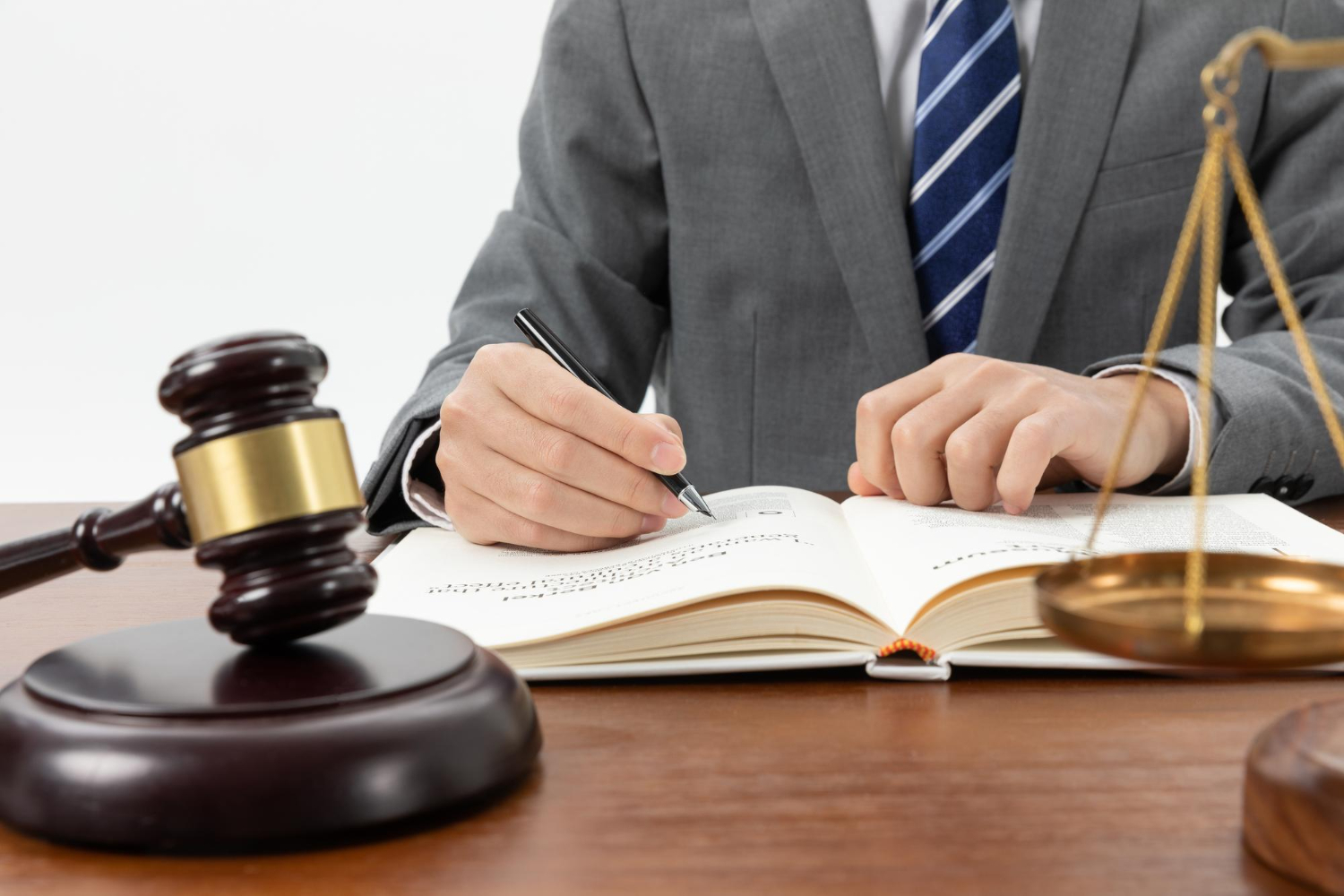
Selecting the perfect legal representation is a critical decision that can significantly influence the outcome of your legal issues. This comprehensive guide aims to provide you with insights and advice on how to choose the right legal counsel that matches your unique needs and circumstances.
Table of Contents
- 1 1. Understanding Your Legal Needs
- 2 2. Identifying the Right Time to Hire a Lawyer
- 3 3. Recognizing Different Types of Lawyers
- 4 4. Considering the Cost of a Lawyer
- 5 5. Size of the Law Firm
- 6 6. Evaluating a Lawyer’s Reputation
- 7 7. Checking the Lawyer’s Background
- 8 8. The Importance of Location
- 9 9. Setting Clear Communication Expectations
- 10 10. Assessing a Lawyer’s Availability
- 11 11. Deciding on the Type of Law Firm
- 12 12. Making the Final Decision
1. Understanding Your Legal Needs
The initial step in your search for the right lawyer involves understanding your precise legal requirements. You’re not just seeking any lawyer; you’re looking for the attorney who is best equipped to handle your specific situation.
Having a clear understanding of what type of legal advice or representation your situation demands is crucial to finding a lawyer who offers tailored legal services.
2. Identifying the Right Time to Hire a Lawyer
Determining whether or not you need a lawyer is the first crucial question to address. The reasons for needing legal representation are numerous, including litigation, business advice, criminal defense, or guidance navigating intricate regulatory systems.
However, not all legal matters require an attorney. Some legal paperwork can be filed independently, and some minor infractions may not necessitate representation.
3. Recognizing Different Types of Lawyers
Once you’ve outlined the specifics of your case, start researching law firms and attorneys specializing in the relevant area of practice. Specialized attorneys are beneficial because they’ll typically have experience with similar cases and be well-versed in the appropriate legal proceedings. Here are some of the most common areas of legal practice:
- Civil Cases: Bankruptcy law, Labor and employment law, Corporate (business) law, Trusts and estates, Tax law, Civil rights, Property law, Family law, Personal injury
- Criminal Cases: Defense or prosecution, Violations, Misdemeanors, Felonies
4. Considering the Cost of a Lawyer
Another critical factor in finding the right lawyer is your budget. Legal expenses vary based on several factors, including the type and amount of work performed. Different lawyers structure their billing processes according to both the type and volume of work done.
It’s essential to understand what you’re paying for and why. Legal aid services offer low-cost or free legal services to those in need, and criminal cases can receive free defense attorneys if they cannot afford a lawyer.
5. Size of the Law Firm
The size of the law firm can impact your decision in several ways. Larger firms are usually more established and have greater resources but can also be more costly. On the other hand, smaller firms may offer a more personal and perhaps less expensive service.
6. Evaluating a Lawyer’s Reputation
When you hire someone to perform a service or offer advice, you want to ensure they’re knowledgeable. A lawyer’s reputation is critical information when choosing someone to represent you. This is because their performance directly impacts your life, rights, and interests.
7. Checking the Lawyer’s Background
Take time to do some research on the attorneys you plan to meet. Various resources, such as the American Bar Association (ABA) and local bar associations, can help you verify the attorney’s credentials and see if they have any disciplinary action against them.
8. The Importance of Location
Laws vary by state, which means you should look for someone in your area who’s admitted to practice law in your jurisdiction. If you live in a rural area with limited resources, you can save time by consulting a lawyer by phone or email.
9. Setting Clear Communication Expectations
Establish proactive communication from the beginning. Agree on regular check-in times to discuss updates and ask questions. A good attorney should also take the time to explain complicated matters, provide you with plain English advice on your situation, and present you with an array of solutions to consider before deciding on a plan of action.
10. Assessing a Lawyer’s Availability
Does the lawyer you want to hire have enough time to dedicate to your case? How is their caseload? Can they take on your case immediately? These are important questions to ask if you plan on being in contact with the attorney often.
11. Deciding on the Type of Law Firm
Another consideration is the type of law firm. Some law firms consist of one attorney, while others have hundreds of attorneys across the country. Law firms vary in size, type of practice, or practice area. Picking a law firm will depend on your geographical location, finances, personal work preference, and legal matters.
12. Making the Final Decision
The lawyer you choose should be someone who is not only objectively qualified to handle your case but also someone you personally trust to get the job done. The process involves tenacity and intent, but the payoff is worth it.
By following these guidelines, you’ll be able to find the right legal counsel for your specific legal needs, ensuring the best possible outcome for your case.


